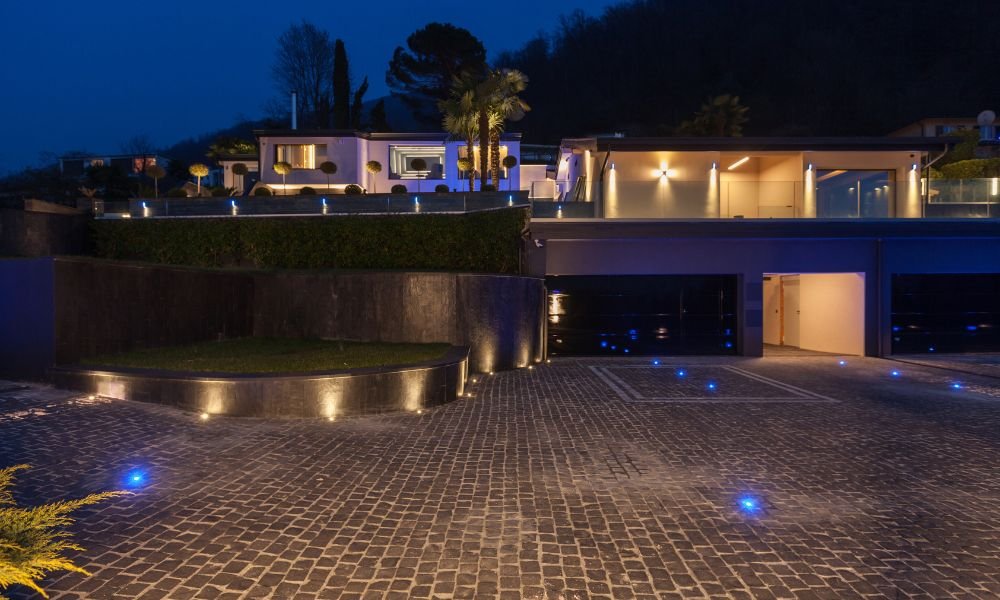Though you may not know it, low-voltage lighting has become a popular mainstay in landscape lighting. While your first thought may be that “low voltage” means that the lights must be weaker, that’s not necessarily the case. We’re experts who provide outdoor lighting in Nashville and the surrounding areas, so allow us to show you why these lights have become the most common in both residential and commercial applications. Here are five things to know about low-voltage outdoor lighting.
Energy Efficiency
Low-voltage lights, such as LEDs, are far more energy efficient than traditional incandescent bulbs. This makes them greener options that’ll shrink your home’s carbon footprint. Furthermore, don’t let the terminology make you think that the lights are somehow weaker. LED bulbs provide a higher quality output of light while only using 20 percent of the energy that incandescent bulbs consume. All-around, low-voltage bulbs are unbeatable in their efficiency.
Cost Savings
A big thing to know about low-voltage outdoor lighting is that it’s effective for saving you money. Because these lights are much more energy efficient, you’ll find that your electricity bill is much smaller. This turns your initial purchase of landscape lighting into a minor investment that pays off over time.
Longer Lifespans
Low-voltage bulbs have a much longer lifespan than incandescent or halogen bulbs because they don’t burn as hot. This means you don’t have to worry about replacing bulbs nearly as often. You save time and money as a result and ensure that your property always looks its best.
Lower Heat Generation
Traditional bulbs face the risk of overheating or burning if you leave them on for prolonged periods. But with low-voltage lights, you can easily keep your property illuminated all night without worrying that any of your lights will malfunction or burn out. This also makes them much less of a fire hazard.
Higher Safety Standards
Lastly, low-voltage bulbs are simply safer to handle, install, and use. By using fewer volts, they diminish the risk of electrocution whenever you handle them. The bulbs can also handle snow and rain better without becoming electrical hazards. Furthermore, as stated, the lack of heat from these bulbs means they’re not fire hazards if flammable materials get near them.

